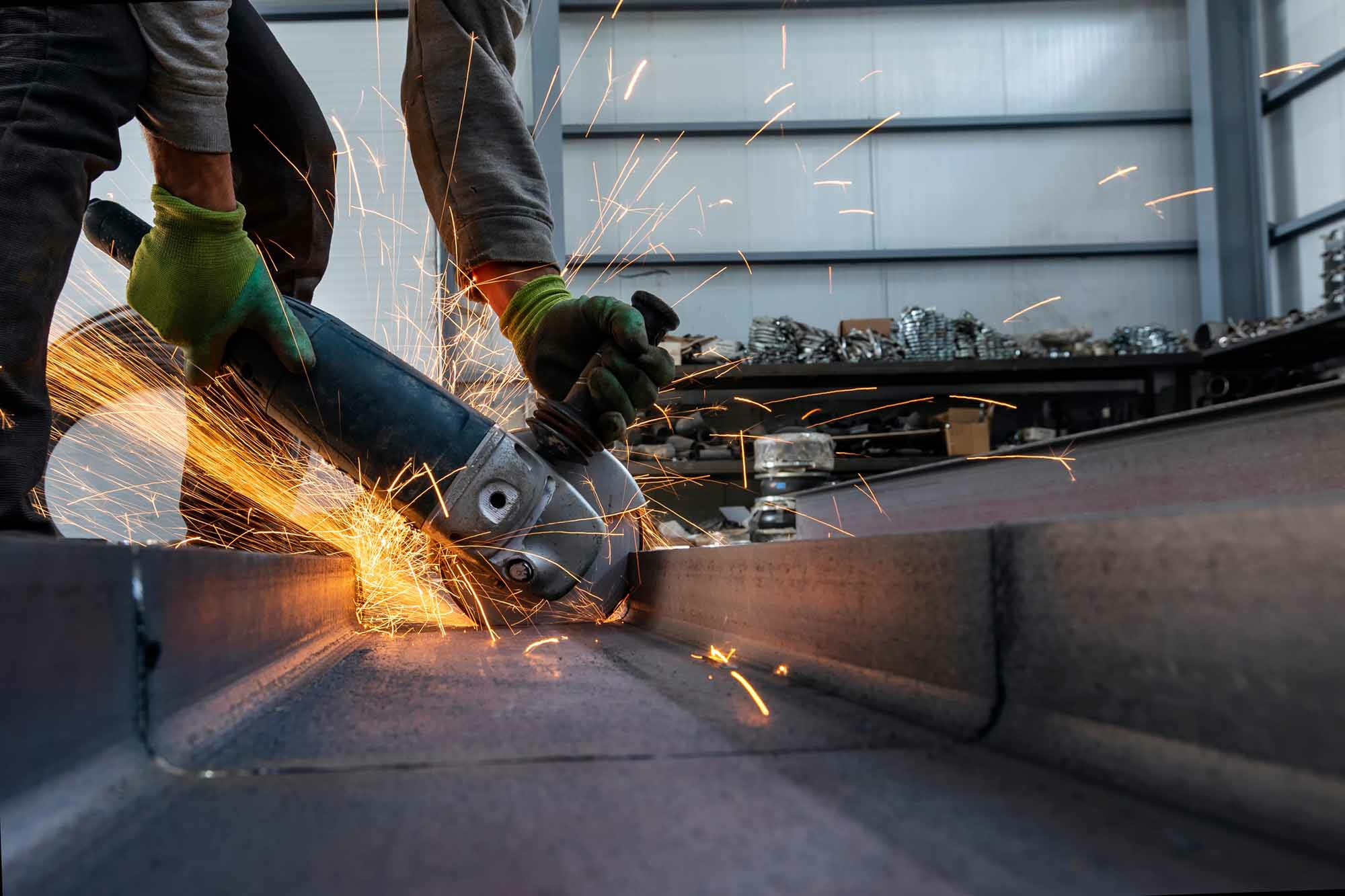Mastering Abrasive Wheels Certification: Your Ultimate Guide to Success in Dublin, Cork, Galway, and Beyond
Obtaining your Abrasive Wheels certification is not just a regulatory requirement; it's a critical step towards ensuring workplace safety and efficiency. Whether you are pursuing an Abrasive Wheels course in Dublin, Cork, Galway, or Limerick, mastering the content will significantly enhance your confidence as well as your employability. In this guide, we will explore key strategies for passing your certification exam, common pitfalls to avoid, and essential resources for effective study.
Understanding the Importance of Abrasive Wheels Certification
Abrasive wheels are widely used in various industries, including construction, manufacturing, and metalworking. The certification ensures that operators are aware of the safety protocols and risk management practices necessary to use abrasive tools safely. Understanding these elements can prevent accidents, ensure compliance with health and safety regulations, and promote a safer work environment.
Key Topics Covered in Abrasive Wheels Training
The Abrasive Wheels training course typically covers the following crucial topics:
- Types of Abrasive Wheels: Learn about different types of wheels and their respective applications.
- Safe Usage Practices: Essential practices to minimize risks when operating abrasive tools.
- Regulatory Standards: Familiarize yourself with regulations pertaining to abrasive wheels in Ireland.
- Equipment Setup and Maintenance: Best practices for maintaining tools and setup to prevent accidents.
- Risk Assessment: How to identify hazards and implement safety measures in your work environment.
Study Tips for Abrasive Wheels Certification Success
Passing the certification exam requires adequate preparation. Consider the following study tips:
- Utilize Official Course Materials: Engage deeply with the materials provided during the Abrasive Wheels course in Dublin or other locations. These materials are tailored to the exam content.
- Take Practice Exams: Many training providers offer practice tests. Use these to identify areas where you need improvement.
- Attend Hands-On Workshops: Workshops can reinforce your learning through practical application, ensuring you know how to use equipment safely.
- Join Study Groups: Collaborate with fellow candidates to discuss materials, share insights, and engage in group study sessions.
- Use Visual Aids: Diagrams, charts, and flashcards can aid memory retention, especially for visual learners.
Common Pitfalls to Avoid
Understanding what not to do is equally important in your preparation. Here are some common mistakes candidates make:
- Last-Minute Studying: Avoid cramming before the exam, as this approach can lead to increased anxiety and lower retention of information.
- Ignoring Practical Assessments: Since the exam includes a practical component, neglecting hands-on practice can hinder your performance.
- Overlooking Safety Protocols: Remember, the entire purpose of the certification is to promote safety; always pay attention to safety guidelines.
- Becoming Overconfident: Even if you feel prepared, it’s crucial to review all materials thoroughly.
Advice for Practical Assessments
Several components of your certification will test your practical skills. Here’s how to prepare:
- Follow Safety Guidelines: Always wear the recommended safety gear during practice sessions to simulate the exam conditions.
- Practice Equipment Setup: Gain familiarity with setting up abrasive wheels according to safety protocols.
- Ask for Feedback: Work under the guidance of certified instructors and take constructive criticism seriously.
Resources for Revision
Effective preparation requires a wealth of resources. Here are some below:
- Abrasive Wheels Course - This offers a comprehensive understanding of all facets associated with abrasive wheels.
- Books and manuals specific to abrasive tools and safety standards.
- Online forums and communities where you can share insights and ask questions about your preparation.
Best Practices for Success
As you prepare for your Abrasive Wheels certification in Waterford or any other location, follow these best practices:
- Consistent Schedule: Create a study timetable that allows for gradual learning without last-minute rushes.
- Stay Informed: Keep up-to-date with regulatory changes impacting abrasive wheel operations.
- Engage with Instructors: Don’t hesitate to reach out to your trainers with any questions or for clarity on complex topics.
Conclusion
Success in your Abrasive Wheels certification exam is within reach with the right preparation, study strategies, and practical experience. By focusing on the key areas outlined above and utilizing available resources, you can enhance your understanding and confidently approach your exam. Ready to take the next step? Enroll in accredited Abrasive Wheels training courses in Dublin, Cork, Galway, and Limerick today!
For inquiries, please reach out to us at [email protected].



 349,500 Offered Certificates
349,500 Offered Certificates
 24/7 Online Training
24/7 Online Training
 Money Back Guarantee
Money Back Guarantee
 Fully Accredited Courses
Fully Accredited Courses
